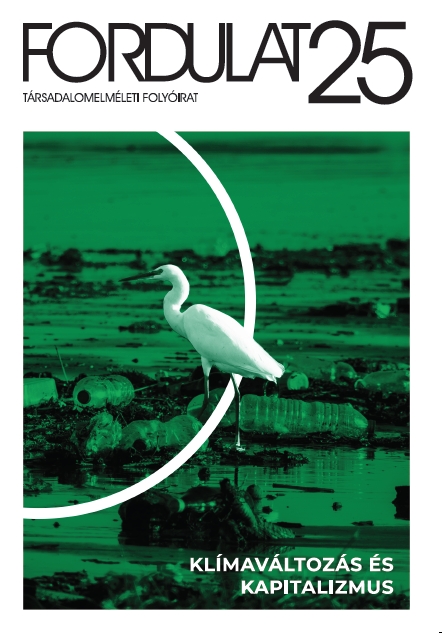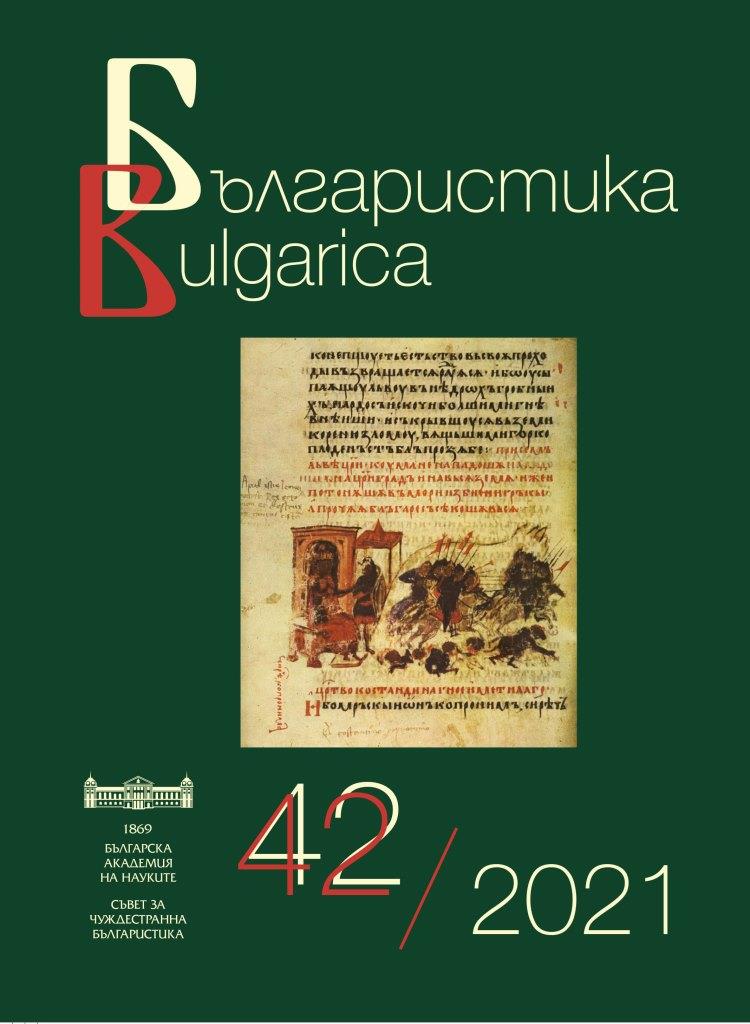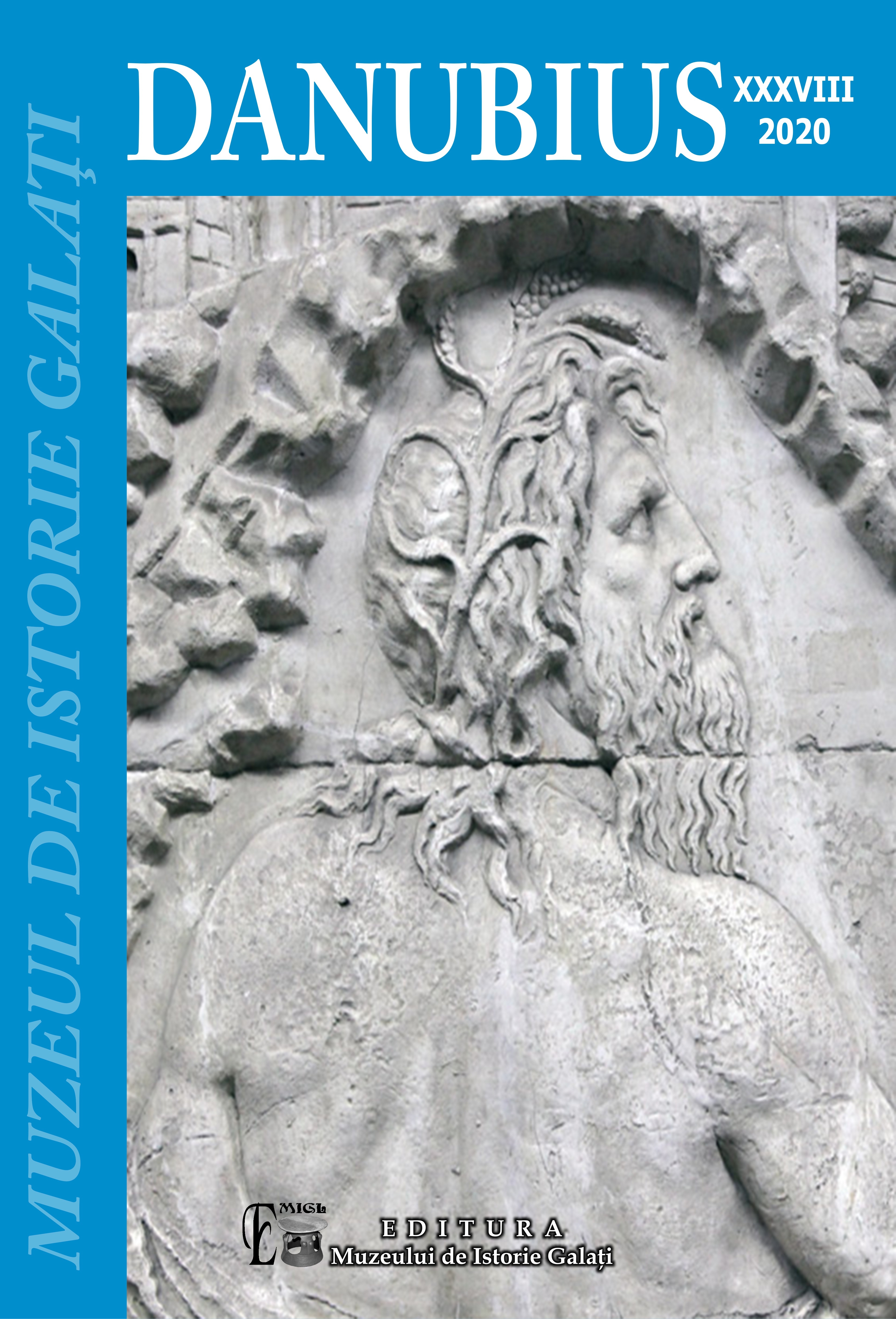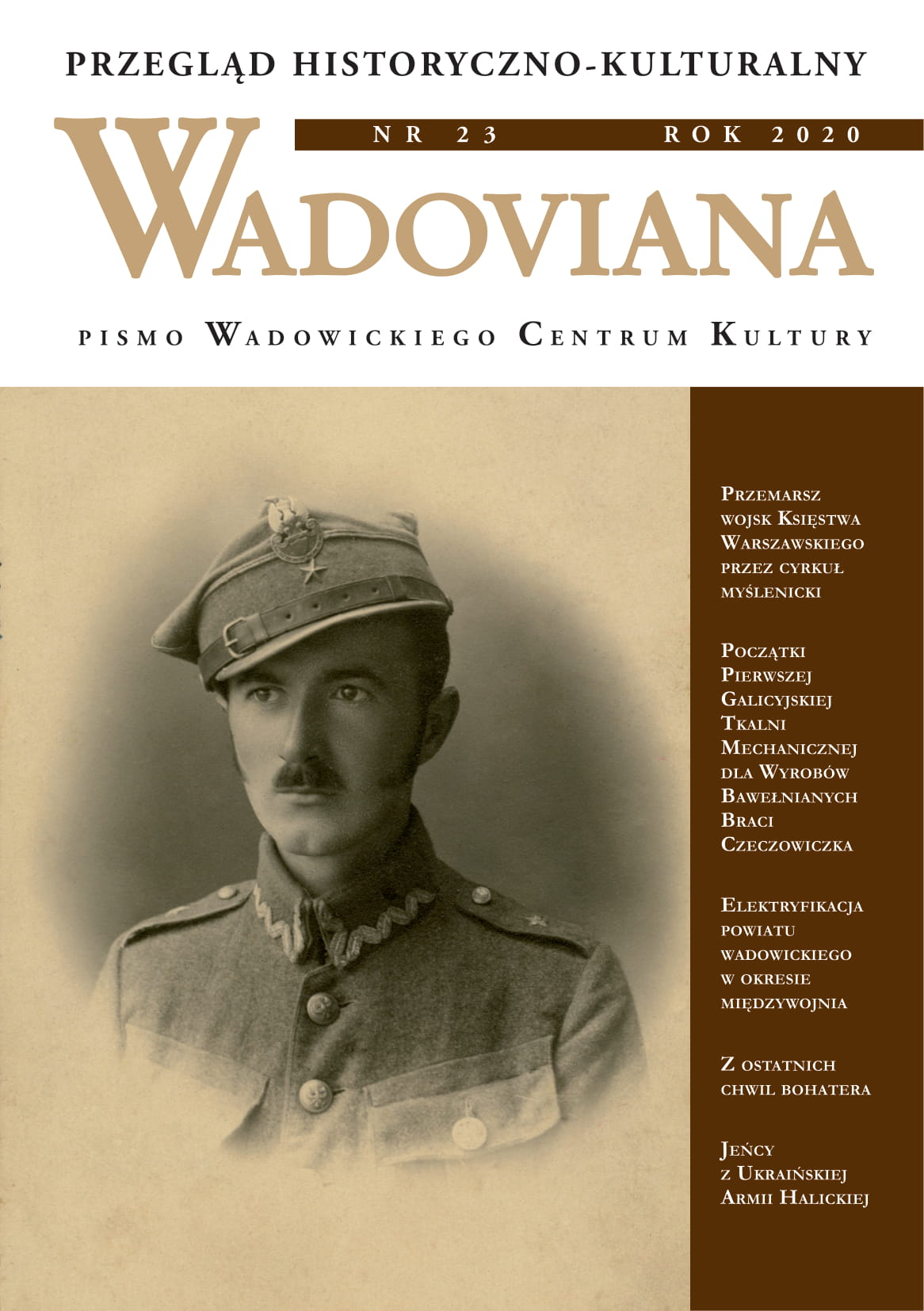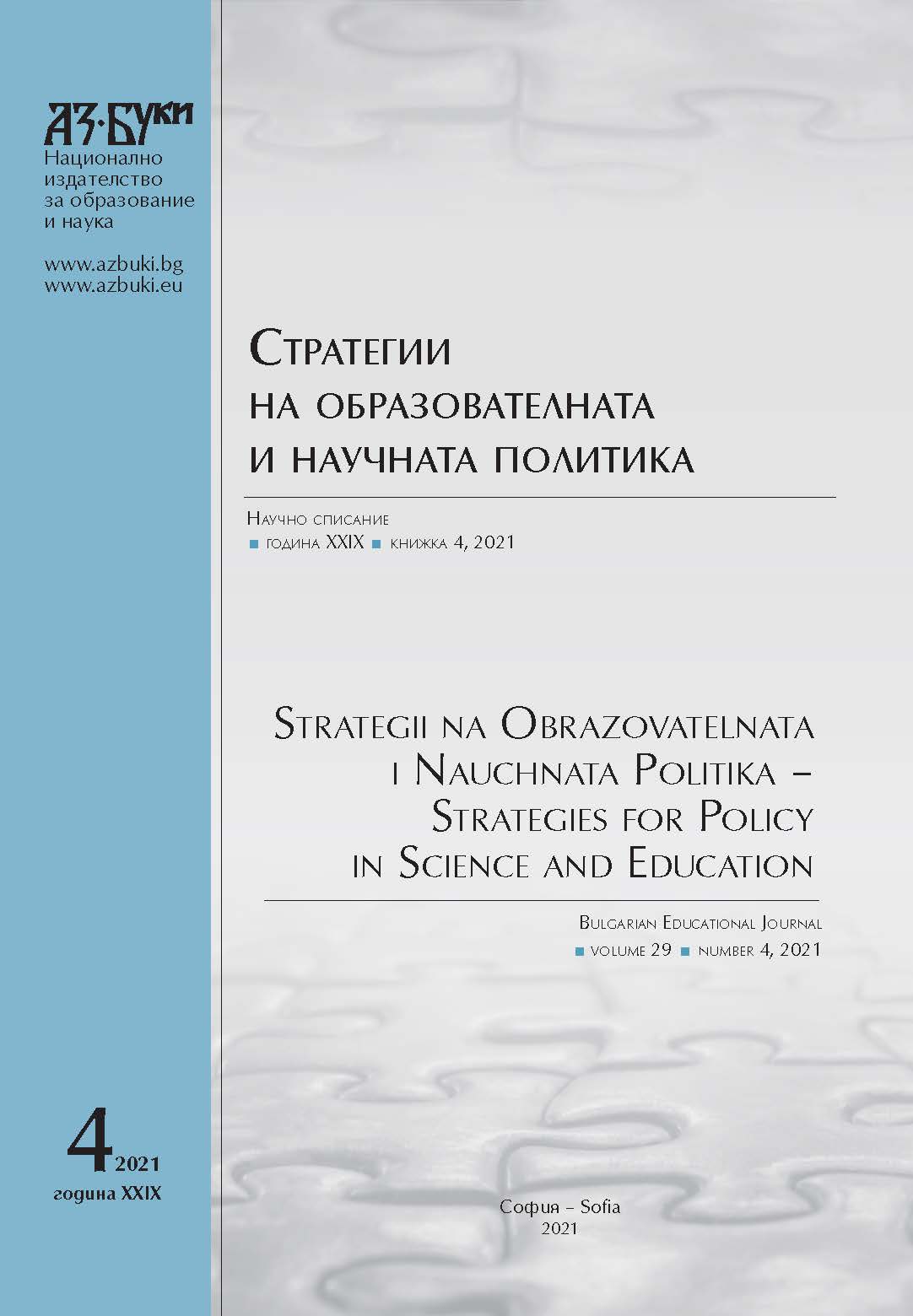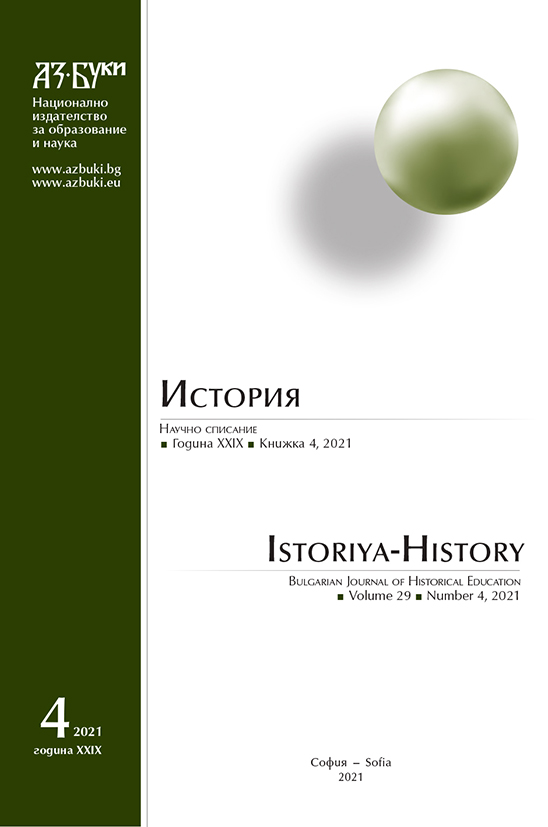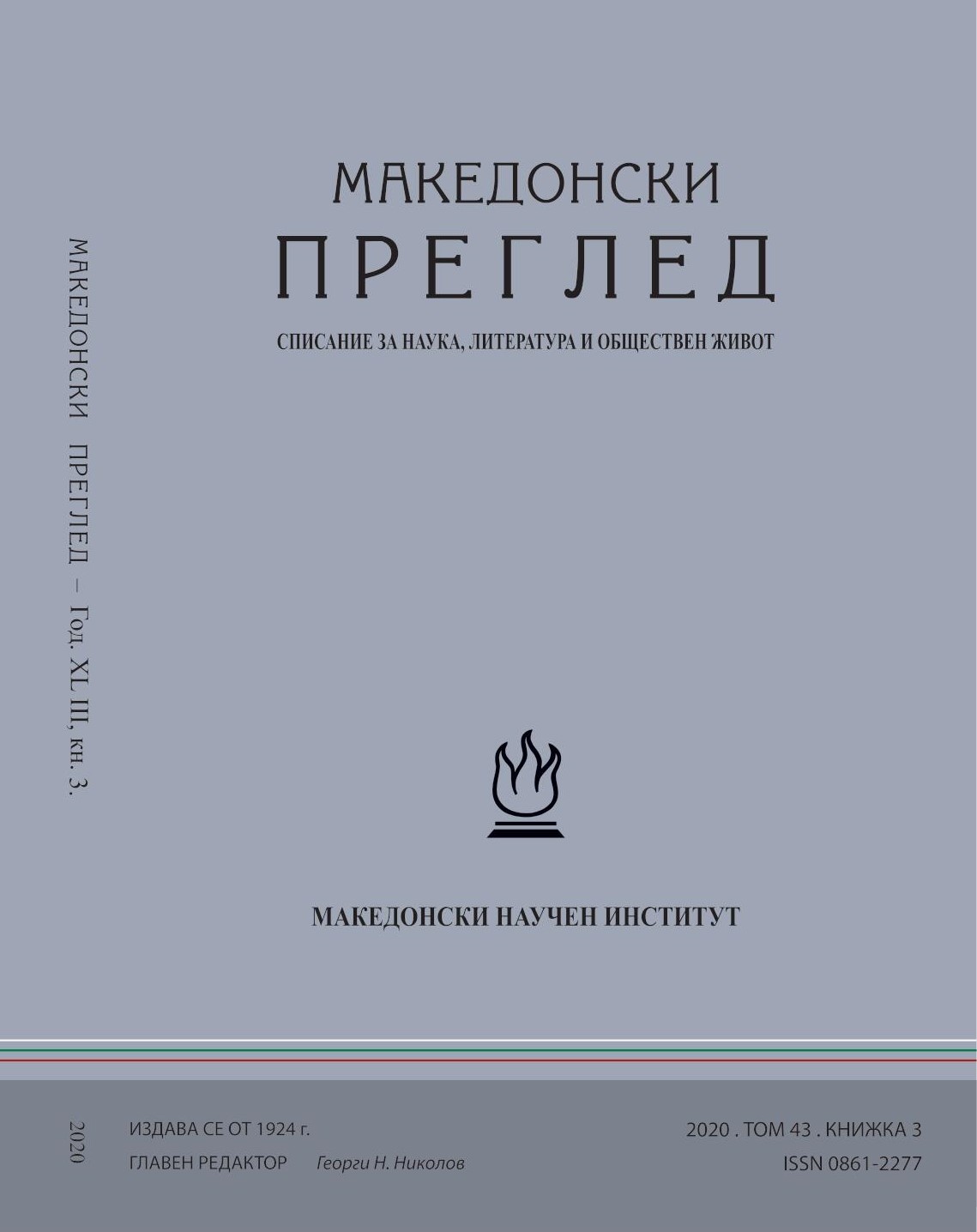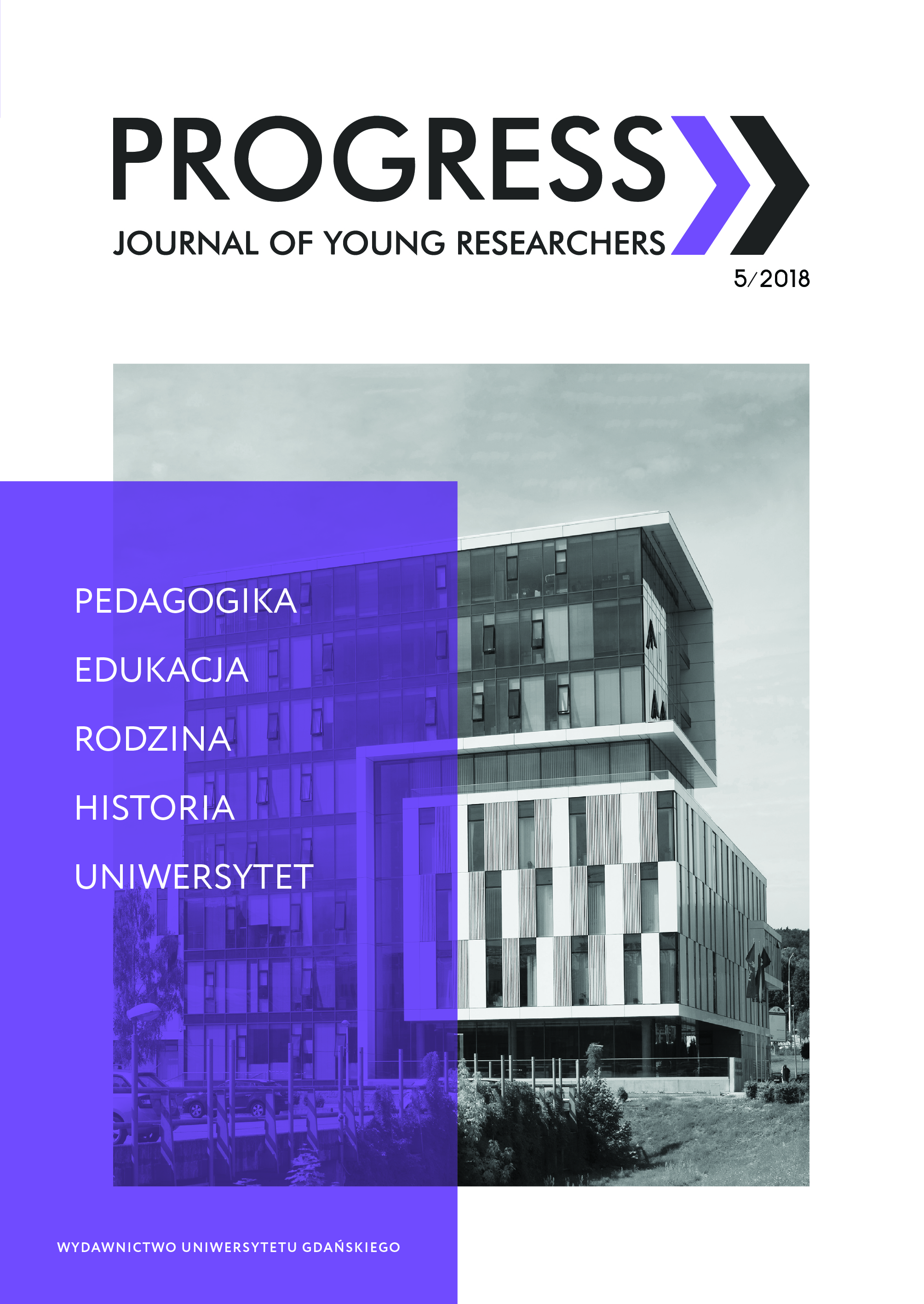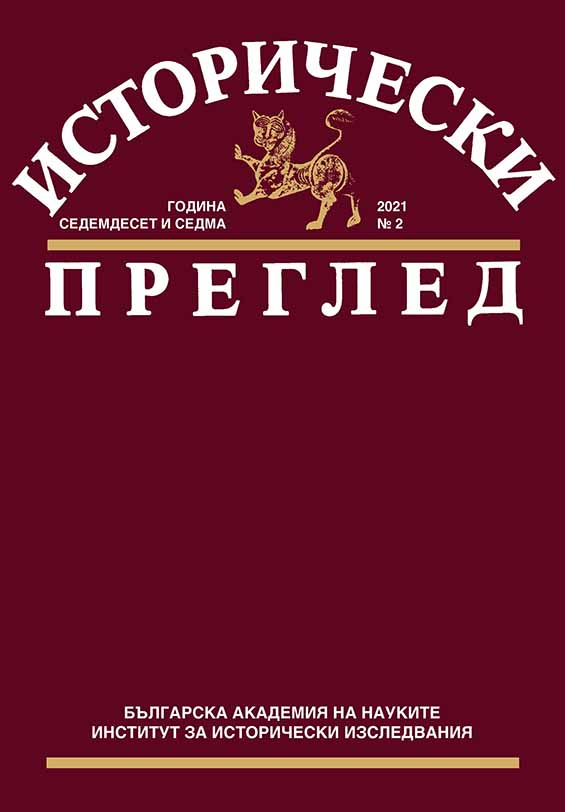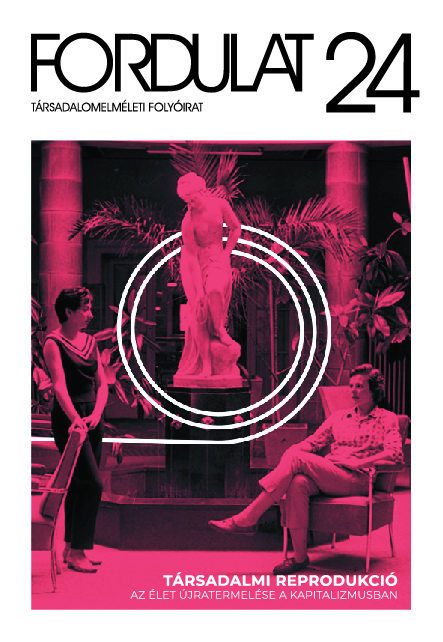
A félproletár háztartás a modern világrendszer longue durée-je folyamán
Wilma A. Dunaway is a researcher affiliated with the Fernand Braudel Center Research Working Group on Households, Labor Force Formation and the World-Economy. A particular conception of the household, helping to grasp the process of the accumulation of capital at world-system level, was developed in this working group, as a result of the critiques of Wallerstein’s early historical works. This conception, also applied in this study, exposes the household as the fundamental site for the reproduction of the labor force, which combines various forms of labor, and integrates into the capitalist world-system by maintaining hierarchy between these forms. Through the maintenance of this hierarchy, the household allows capitalists to extract surplus from the household itself, and renders the reproductive or informal labor of women publicly invisible. Here, Dunaway puts forward a systematic analysis of how these two processes take place.
More...
